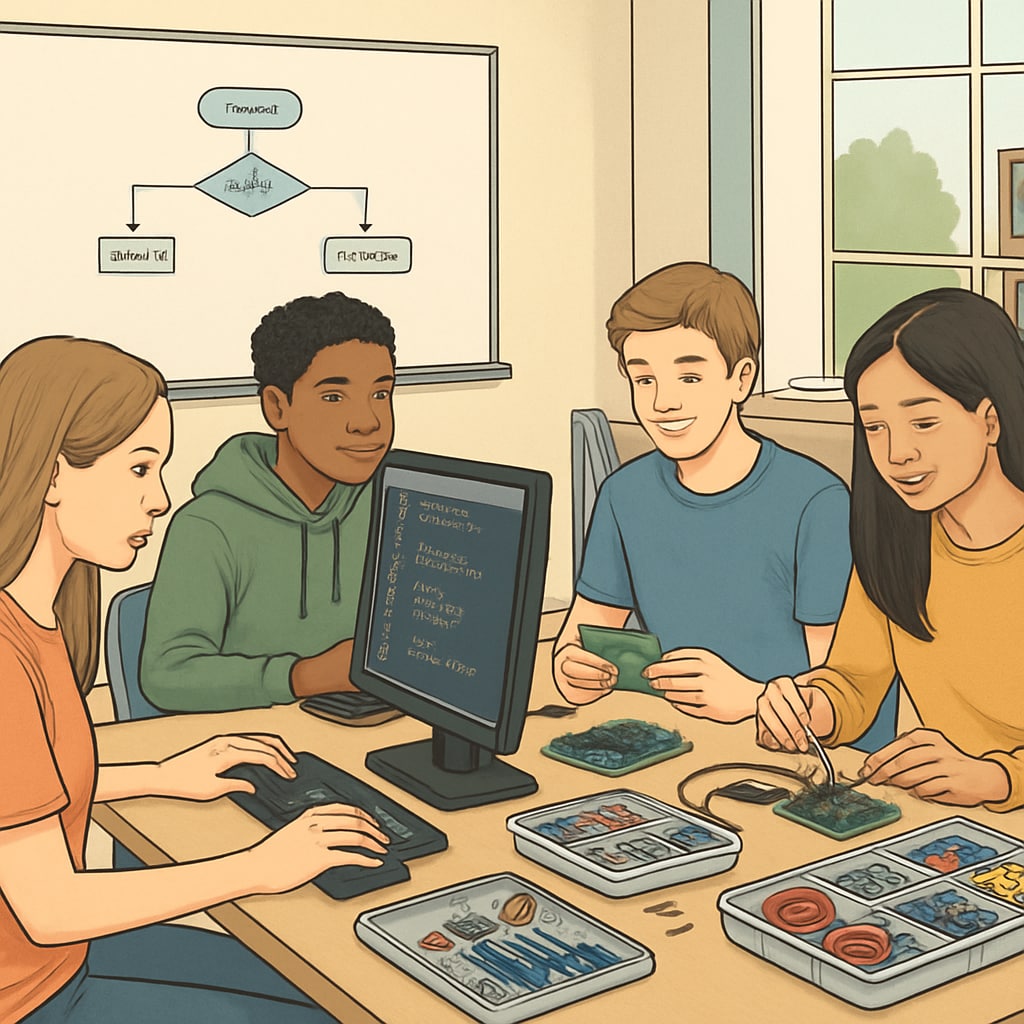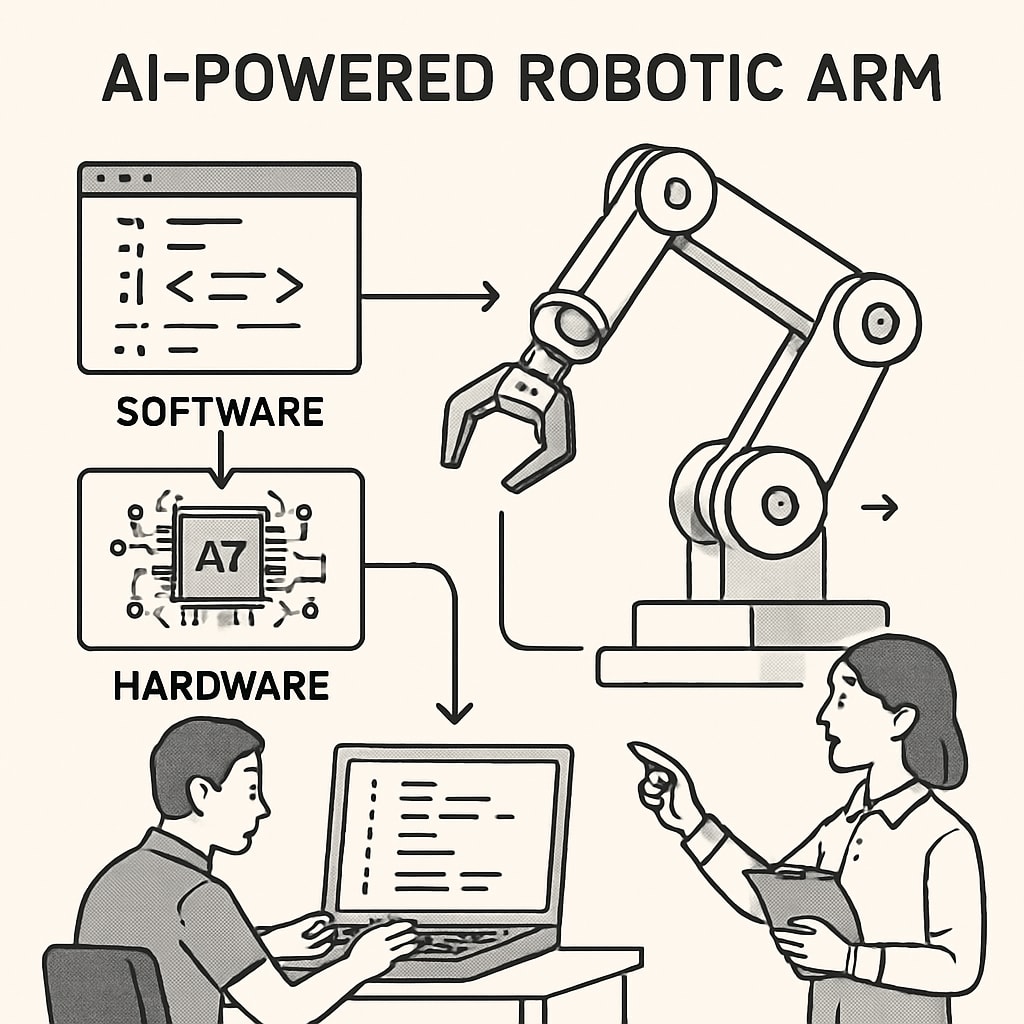The rapid advancement of artificial intelligence (AI) has created both challenges and opportunities for teenagers who are trying to make career choices. Whether it’s becoming a programmer or pursuing a path as an engineer, the AI-driven world is reshaping the landscape of future professions. With uncertainty looming over how automation and AI might disrupt traditional roles, teens today need a clear strategy to navigate their career paths successfully.

Understanding the Career Dilemma: Programmer vs. Engineer
Many young students, particularly those in 8th grade, find themselves at a crossroads when considering careers in technology. They often ask, “Should I become a programmer or an engineer?” While both professions offer exciting opportunities, the rise of AI has blurred the lines between these roles.
Programmers are primarily focused on coding and software development, crafting the algorithms that power AI systems. Engineers, on the other hand, deal with designing and building systems, including hardware, infrastructure, and processes that integrate AI technology. Both careers are crucial in the AI era, but choosing between them requires understanding one’s interests and strengths.
- Programmers: Ideal for those who enjoy problem-solving, logic, and working closely with software.
- Engineers: Suited for individuals who prefer a broader role involving design, innovation, and hardware systems.
As a result, teens need to consider their long-term goals and how AI might impact these professions down the line.
How AI Is Transforming Career Opportunities
The influence of AI in technology and beyond is undeniable. According to Wikipedia’s AI overview, industries ranging from healthcare to transportation are already experiencing a shift in job demands due to AI innovations. For teens, this means understanding the future trends that will likely shape their chosen fields.
Some key ways AI is transforming career opportunities include:
- Automation: Routine tasks in programming and engineering may be increasingly automated, requiring professionals to focus on creativity and problem-solving.
- New Job Roles: AI has created demand for specialized roles, such as machine learning engineers and data scientists.
- Interdisciplinary Skills: Combining programming with engineering knowledge is becoming more valuable.
Teens must adapt to these changes by developing versatile skills and continually learning about emerging technologies.

Practical Advice for Teens Facing Career Choices
Given the complexity of choosing a career in the AI era, teens should approach their decision-making process thoughtfully. Here are some practical steps to help them navigate this process:
- Explore Interests Early: Participate in coding camps, robotics clubs, or engineering workshops to get hands-on experience.
- Stay Informed: Follow industry trends to understand which skills are in demand and how AI is influencing various sectors. Britannica’s article on Artificial Intelligence is an excellent starting point.
- Focus on Lifelong Learning: The AI landscape is constantly evolving. Choose a career path that allows for continuous skill development.
- Seek Mentorship: Connect with professionals in programming or engineering to gain insights into each career’s challenges and rewards.
By taking these steps, teens can make informed decisions that align with their passions and the realities of an AI-driven world.
Looking Forward: Preparing for the AI-Driven Future
In the coming decades, AI will continue reshaping industries, creating new opportunities while eliminating outdated jobs. For teens to succeed, they must embrace adaptability, creative thinking, and a willingness to learn. Whether they choose to become programmers or engineers, cultivating interdisciplinary skills will be key to thriving in this dynamic environment.
Ultimately, the choice between programming and engineering is less about selecting one over the other and more about preparing for a future where both fields intersect. As teens step into this exciting yet challenging world, they can leverage AI as a tool to build meaningful careers and contribute to technological progress.
Readability guidance: Use short paragraphs and lists to summarize key points. Integrate over 30% of sentences with transition words like however, therefore, and for example to enhance flow.


